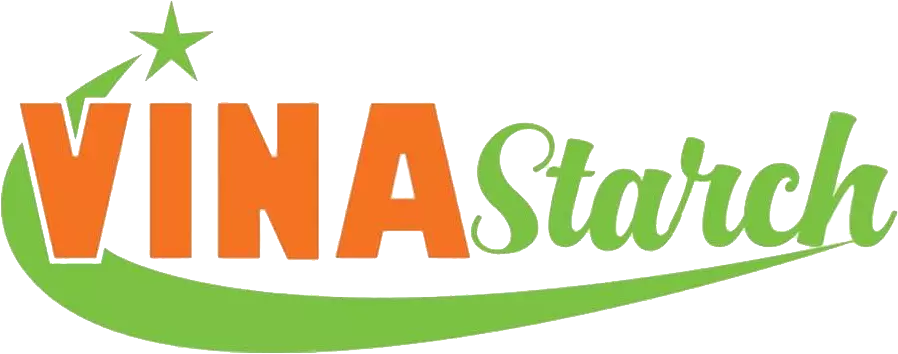In this section, I will help you better understand Modified Starch.
One of the important food crops in the lives of some animals or humans in tropical countries, especially in Southeast Asian countries, is cassava (also known as cassava root). ).
Recently, cassava has become a source of commercially valuable raw materials for many industries that have been making important contributions to the country’s economic development.
Along with the development of technology, tapioca starch (cassava starch) has become an important source of raw materials for processing into modified starch products (midifiled starch). It is a special form of starch processed from pure natural starch sources, through many different starch modification technologies and produces many forms of modified starch suitable to usage requirements. Helps enhance the properties – functions and increase the commercial value of cassava starch (cassava starch).
Cassava starch is a product separated from cassava roots thanks to a modern technological process. The starch content in cassava starch must be at least 96%.
Tapioca starch used for modification needs to have some property requirements as follows:
Moisture (max) 13%, Properties (max) 0.2%, Fiber 0.2, pH 5.0 – 7.0, Whiteness 90%, Viscosity (BU) 600, Silfur dioxide content (max) 100, Other impurities 300.
Currently, modified starch is increasingly becoming a common production ingredient in industry and food. In addition, thanks to the growing demand of domestic and foreign markets is the main driving force for this industry to increasingly increase production scale and improve the quality of starch.
There are 3 methods to modify cassava starch:
Tapioca starch modified by physical methods:
– Pre-gelatinized tapioca starch
– Tapioca starch treated with moist heat
– Granular tapioca starch (sago)
Tapioca starch modified by chemical method:
– Tapioca starch treats acid
– Dextrinized cassava starch
– Oxidized tapioca starch
– Etherized tapioca starch
– Esterized tapioca starch
– Cross-linked tapioca starch
– Double modified cassava starch
Modified cassava starch by hydrolysis method and other products:
– Maltodextrin
– Sweet sugar
– Polyols
– Amino acids
– Organic acids
– Alcohol
Types of modified starch products include:
– Acetylated Starch E1420 – Trade symbols: LP-AS901 à LP-AS9018
– Oxidized Starch E1404 – Trade symbol: LP-OS801 –> LP-OS805
– Cross-linked starch (Disarch Phosphate E1412) – Trade symbols: LP-PS701 à LP-PS706
– Starch Acetylated Distarch Phosphate (E1414) – Trade symbol: LP-ASP501 –> LP-ASP506
– Acetylated Starch Distarch Adipate (E1422) – Trade symbol: LP-ASP505
– Acetylated Oxidized Starch STARCH (E1451) – Trade symbols: LP-OSA401 – LP-OSA405
Modified tapioca starch, Tapioca starch
